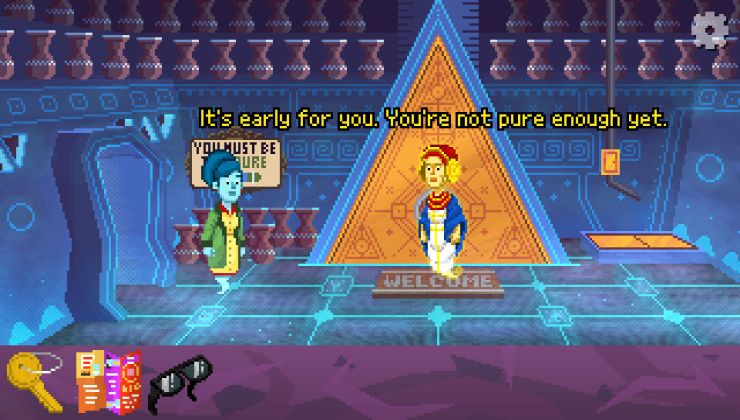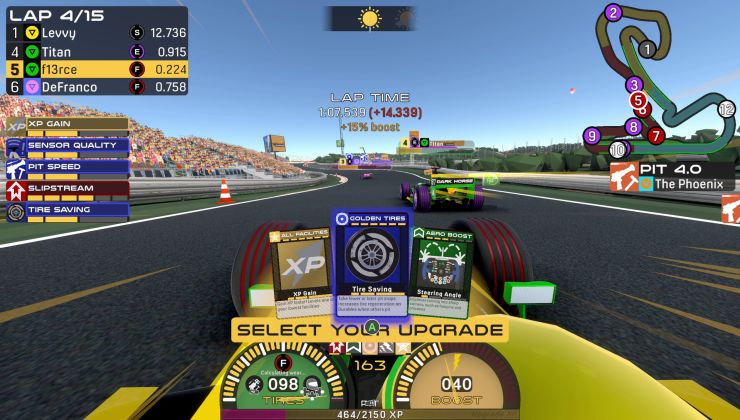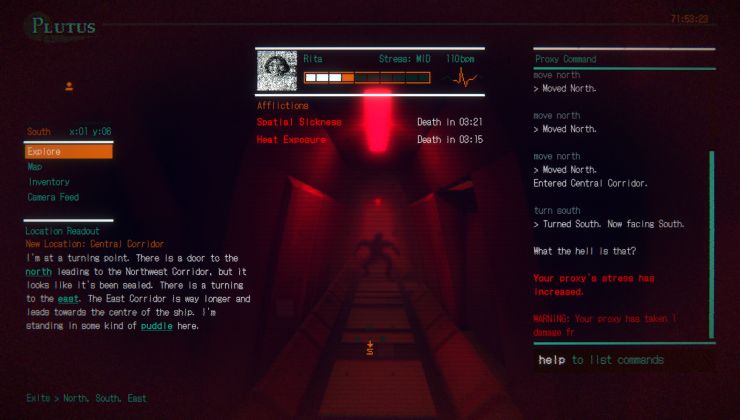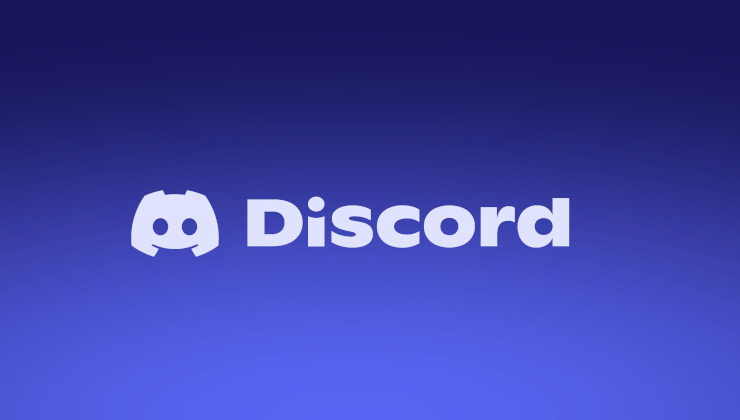Unity Technologies who work on the Unity game engine have announced that they have acquired the networking library MLAPI, along with the creator joining Unity.
In the post Unity's Brandi House mentioned how they're trying to expand the Unity ecosystem with a "first-party multiplayer networking solution for GameObjects that is easy to set up and extend, scales to meet the needs of high-performance titles, and is seamlessly integrated into the Unity ecosystem" and after considering many they ultimately decided to pull in MLAPI along with its creator, Albin Corén.
The good news is that it remains open source and will be developed in the open as expected, and they will not be changing the license which is currently as MIT. So now we have another open source solution for networking, fully backed by a big company - nice.
Unity said they will be expanding it in these areas, in addition to working on documentation and samples:
- Remote procedure calls (RPCs): Currently MLAPI has two RPC systems, “convenience RPCs” and “performance RPCs.” The convenience RPCs incur a performance overhead that performance RPCs address, but they are not straightforward to use. We are investigating options to replace both with a system that is performant, is easy to use, and has clean usage patterns.
- Snapshot generation: MLAPI’s current design poses challenges for incorporating features like delta compression or client-side prediction. To overcome this roadblock, we’re working on separating snapshot generation from packet-sending systems.
- Network relevance model: Sending the right data to each player enables developers to minimize their bandwidth costs and maximize players gameplay experiences. We’ll change MLAPI so new methods can be used to increase performance, lower the likelihood of cheating, and lower operating costs by lowering the amount of data sent.
Quoting: Purple Library GuyGotta say it feels weird to me to see someone say they "acquired" something that's open source. I know what they mean, but my instincts yell "It's open source, it belongs to everyone!"I actually wasn't sure. Does it mean they hired the (main) developer?
Quoting: EikeHired yes and the GitHub has moved under Unity's umbrella.Quoting: Purple Library GuyGotta say it feels weird to me to see someone say they "acquired" something that's open source. I know what they mean, but my instincts yell "It's open source, it belongs to everyone!"I actually wasn't sure. Does it mean they hired the (main) developer?
Quoting: GuestApologies, thought that was a given from "or authors", but perhaps "all contributors" would have been more appropriate.I'm sorry, didn't read thoroughly enough. I'll delete my nonsense. :)
Quoting: GuestWouldn't be able to stop people from forking from the pre-license-change version.Quoting: Purple Library GuyGotta say it feels weird to me to see someone say they "acquired" something that's open source. I know what they mean, but my instincts yell "It's open source, it belongs to everyone!"It's freely available to everyone, but it belongs to the author. The distinction means that while a particular license applies to any releases, the author (or rather if all authors/contributors agree) can at their discretion transfer ownership (with all that entails) and/or change the license.
Quoting: Purple Library GuyGotta say it feels weird to me to see someone say they "acquired" something that's open source. I know what they mean, but my instincts yell "It's open source, it belongs to everyone!"The press release doesn't mention anything about any "acquisition". I suspect Liam just took the liberty to add some click-bait to the title. :)
The [press release reads](https://blogs.unity3d.com/2020/12/03/accelerating-unitys-new-gameobjects-multiplayer-networking-framework/) as below.
We’re thrilled to share that the OSS multiplayer networking framework MLAPI is joining the Unity family, along with its creator, Albin Corén.








 How to setup OpenMW for modern Morrowind on Linux / SteamOS and Steam Deck
How to setup OpenMW for modern Morrowind on Linux / SteamOS and Steam Deck How to install Hollow Knight: Silksong mods on Linux, SteamOS and Steam Deck
How to install Hollow Knight: Silksong mods on Linux, SteamOS and Steam Deck